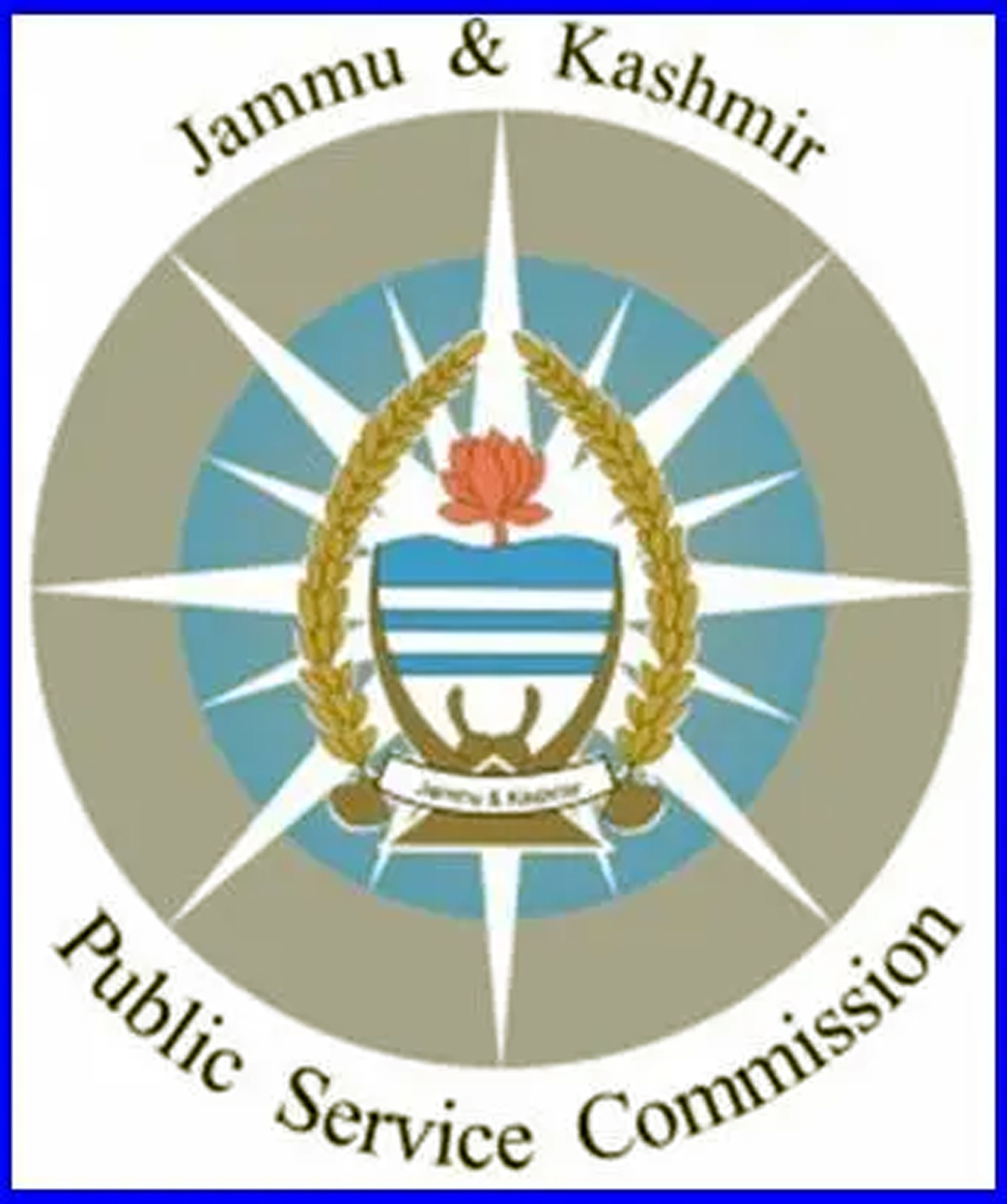Biased selection by PSC in Health Deptt set aside
Excelsior Correspondent
Srinagar, May 7: The High Court has held that the Public Service Commission (PSC) has no locus standi to challenge the judgment of Central Administrative Tribunal (CAT) whereby the selection for appointment by the PSC was set aside.
The Division Bench of Justice Sindhu Sharma and Justice Rahul Bharti concluded that the PSC counsel on reliance of various rulings do not meet the preliminary objection taken by the other side to the maintainability of the petition of PSC.
“Counsel for the petitioner J&K PSC has sought to fetch reliance on various judgments, but the same do not meet the preliminary objection to the writ petition not only about the lack of locus standi of the petitioner J&K PSC in the facts and circumstances of the case but also lack of pleadings to the effect. The writ petition is, accordingly, dismissed”, the DB concluded.
It is vide a selection, carried out by the J&K PSC, a selection process for appointment to the post of Lecturer, Super Specialty (Medical Oncology), Govt. Medical College in the open merit category was undertaken.
In response to the advertisement, the selection process culminated in issuance of a selection notification thereby declaring one Dr Mohammad Hussain Mir, as being selected by the petitioner J&K PSC out of three competed eligible candidates.
Dr Mir also consequently has been recommended by the PSC to the Health & Medical Education Department for his appointment to the post. Feeling aggrieved by the selection and recommendation of Dr-Mir, and his consequent non selection, the other candidate Dr. Rajeev Gupta, challenged his selection on ground of bias alleged to be subsisting on account of the fact that Dr Mir was working in AIIMS Hospital, New Delhi for “Fellowship in Bone Marrow Transplantation” and in this course of engagement in the AIIMS New Delhi, he was the student of one of the two named experts involved in the interview resulting into bias of the experts against him and in favour of Dr Mir.
The Central Administrative Tribunal on February 3, 2022, has come to allow the petition of the Dr. Rajeev Gupta by setting aside the selection of Dr. Mir with the direction to PSC to consider the candidature of Dr. Gupta for the post of Lecturer Super Specialty (Medical Oncology) GMC by observing that there was an element of bias operative in the interview effecting the marks giving by the experts.
The DB after perusal of the PSC said the challenge to the judgment of the Central Administrative Tribunal is not by Dr Mir, whose selection for appointment for the post of Lecturer Super Specialty (Medical Oncology) GMC, was eventually set aside and not both the experts have come forward to contest the observations amounting to finding in the Tribunal’s judgment as to their biased status in the matter of interview in favour of Dr. Mir, and last, but not the least, lack of the essential averments in the writ petition as to the legal basis of the grievance and objection of the PSC against the impugned judgment.
The DB recorded that PSC counsel was not able to point out a single line averment, lest explain and argue, as to the locus standi of PSC in invoking the writ jurisdiction under Article 226 of the Constitution of India aimed against the Central Administrative Tribunal in the case.
“We have not been able to appreciate as the basis on which the PSC is aggrieved of the impugned judgment when it was the impugned selection of Dr. Mir which has been set aside by the Tribunal on the finding of real likelihood of bias of the experts involved in the interview and allocation of marks to Dr Mir.
“The loss of reference from the PSC left the Court pondering whether any conscious call and decision was, in fact, ever actually taken by the PSC to challenge the judgment of the Central Administrative Tribunal, or is it just on the mechanical motion and call by the Secretary of the PSC that the writ petition has come to be filed”, read the judgment.
The DB added that the Court is well aware that by no means it is meaning to hold or suggest that an Institution or a Body, be it public, statutory or constitutional one, as is the Public Service Commission, cannot have a situation, in the course of its administering the function and work within the domain of its authority, to find itself legally aggrieved by an adjudication, judgment, direction, order, observation rendered by a court of law or Tribunal with respect to the decision of the given Institution, and to seek for the redressal of its grievance through common or constitutional course of law while bearing a locus standi to avail it.


